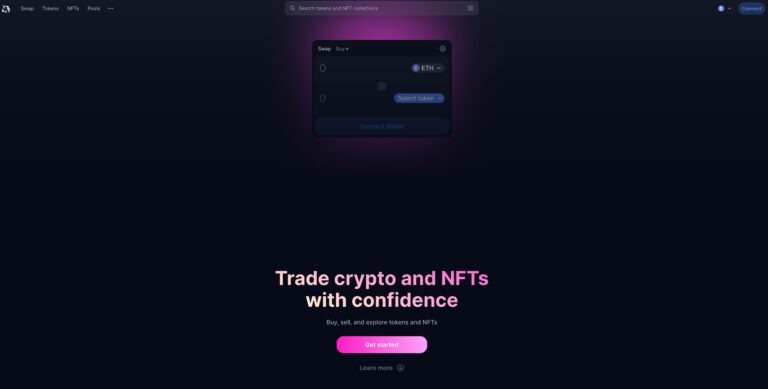In a blog post by Uniswap Labs published on June 13, 2023, the team outlined their plans for Uniswap v4, the latest iteration of the decentralized exchange protocol. The team has released the draft code for public scrutiny, aiming for a community-driven development process.
One of the key features of Uniswap v4 is the introduction of “hooks,” contracts that execute at different stages of a pool action’s lifecycle. This feature is designed to allow for greater customization, enabling pools to add new functionality or make tradeoff decisions.
Uniswap v4 also proposes a significant architectural change, with all pools residing within a single “singleton” contract. This is a departure from the previous model where each pool had its own contract. While this change is expected to result in gas savings, the actual savings will depend on the efficiency of the new architecture and its real-world performance.
The new version also introduces a “flash accounting” system, which transfers assets based on net balances. This system, combined with the proposed “transient storage” enabled by EIP-1153, could potentially lead to gas savings.
The team has reintroduced support for native ETH, which could potentially offer additional gas savings. Furthermore, the new version allows pool creators to set fee tiers at levels that make them most competitive or customize them with a dynamic fee hook. The effectiveness of this feature will largely depend on how pool creators utilize it.
While Uniswap’s decision to release the draft code for public review is a nod towards transparency and community involvement, it’s important to note that the code will be released under a Business Source License 1.1. This license limits the use of the v4 source code in a commercial or production setting for up to four years, after which it will convert to a GPL license. This could potentially limit the adoption and usage of the new version in the initial years.









